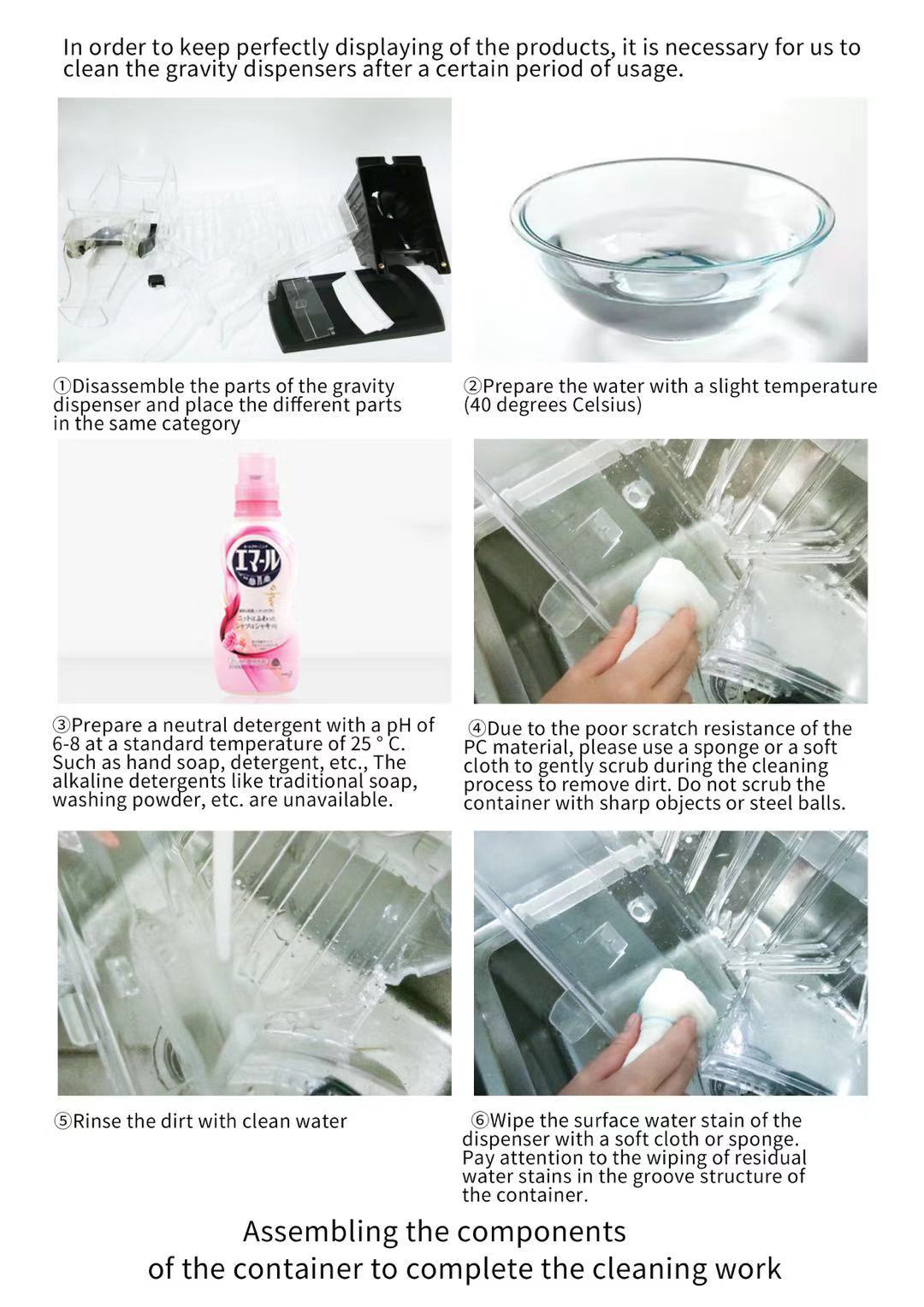CONTACT US :sales02@jxecobox.com/ 8615779419635 Chloe
- All
- Product Name
- Product Keyword
- Product Model
- Product Summary
- Product Description
- Multi Field Search
Views: 35 Author: Jiangxi ECO Industrial Co., Ltd Publish Time: 2019-10-11 Origin: Site
How to clean plastic products?

What comes to your mind, when you first hear “plastic”? (Comparing with glasses, china, metals)
You may think there are soft, heat-resisting, not luxuriant enough, fast moving consumer goods, easy to break, can not catch so much attention… Think again, there are also almost unbreakable, heat protection, easy to bring, various style, light…
I would like to correct a few stereotypes here :
1. heat-resisting: every product has their own end-use temperature, like PC’ s end-use temperature is -20-120℃,in your daily life, the temperature that you use is in this range.
2. not luxuriant enough: : there are differences between raw material, technology and production cost, which may cause different level.
3. easy to break: there is a very important factor----human factor. The quality is just one of the factors. If you do the well routine maintenance, you may use it for a long time. But if not, the product may break easily. In the case, you need to maintain as the operating instruction.
4. can not catch so much attention: with the development of the market, more restaurant prefer to use plastic product instead of china, glass, and metal. On the one hand, It will reduce the break, on the other hand, it can match the service demands and decrease the cost.

| Item | Product material | Material feature | Heat-resistance | Attention | Cleaning |
| 1 | PC | 1. Super impact resistance, good mechanical properties, with "ballistic plastic" | -20℃ to +120℃ | 1. can not be used in heating area | Use dishwasher cleaning or |
| 2. Non-toxic, odorless, colorless and transparent, light transmission up to 89% | 2. Do not put in the fire | detergent or soft cotton cloth | |||
| 3. Heat-resistant, flame-retardant, non-broken, durable | 3. Do not recommend placing in the microwave for 3 minutes | (do not use bleach / abrasive powder / steel balls / sodium oxide) | |||
| 2 | PP | 1. Non-toxic, odorless, high thick/walled products, easy to dent, soft material, non-impact resistance | -10℃ to +110℃ | 1. can not be used in heating area | Use detergent or soft cotton cloth |
| 2. Lightweight and affordable | (do not use bleach / abrasive powder / steel balls) | ||||
| 3. Good surface gloss | 2. Do not put in the fire | ||||
| 4. High toughness, shock resistance | 3. Do not recommend placing in the microwave for 3 minutes | ||||
| 3 | Acrylic | 1. Commonly known as "organic glass" (ordinary glass 86%) | -0℃ to +70 ℃ | 1. Can not withstand high temperatures | Use detergent or soft cotton cloth (do not use bleach / abrasive powder / steel balls) |
| 2. Non-toxic, odorless | 2. Can't install high-temperature liquid above 60 degrees for a long time | ||||
| 3. Highly transparent with 92% light transmission | 3. Can not be placed in the microwave | ||||
| 4. Strong refraction, crystal effect, refraction with colorful light, known as "plastic crystal" | 4. It is not recommended to put in refrigerator above 0 degree | ||||
| 4 | AS | 1. Non-toxic, odorless | -10℃ to +70℃ | 1. 1. Can not withstand high temperatures | Use detergent or soft cotton cloth, can not put in dish-washing machine(do not use bleach / abrasive powder / steel balls) |
| 2. Low temperature material, low water absorption | 2. Cannot install liquids above 60 degrees and below -10 degrees for a long time | ||||
| 3. Products can be a variety of colors | 3. Can not be placed in the microwave | ||||
| 4. 90% high gloss | 4.can put in the refrigerator | ||||
| 5. Super easy processing and chemical resistance Non-toxic and tasteless | 5. Not recommended for hot and cold use |